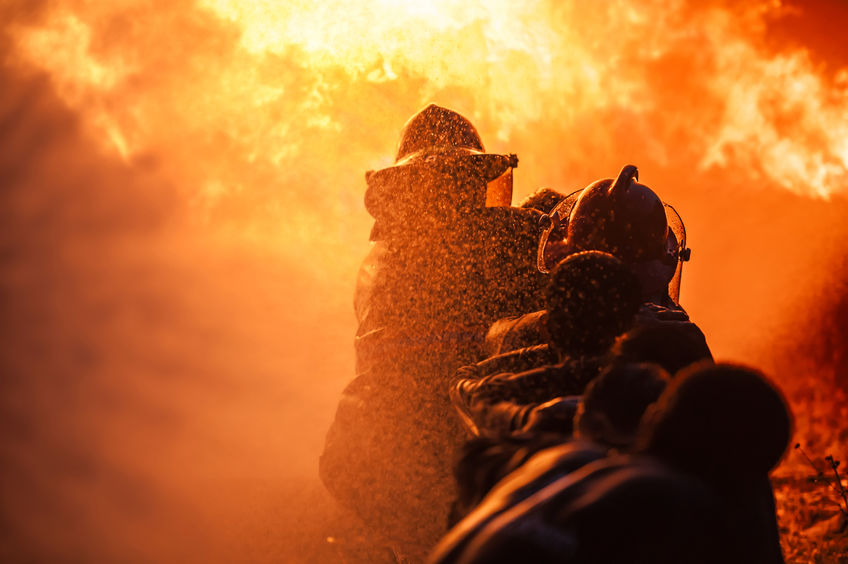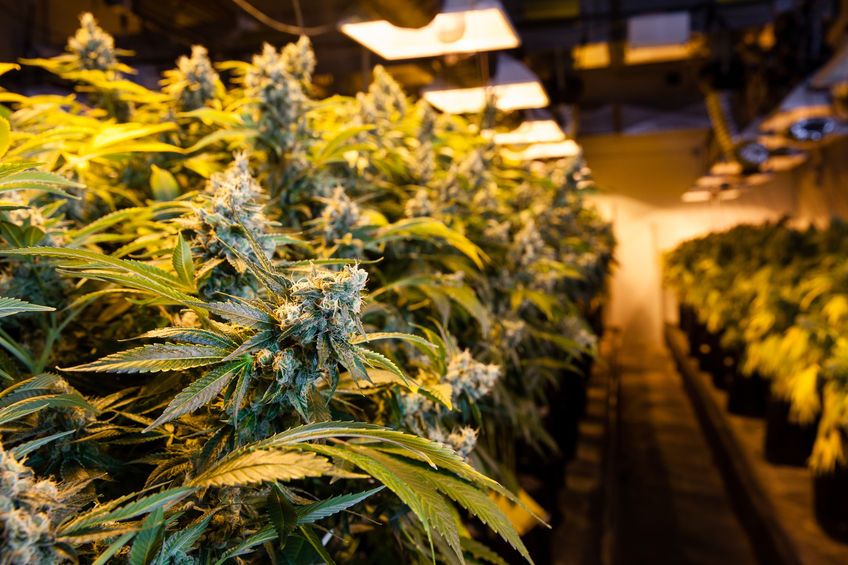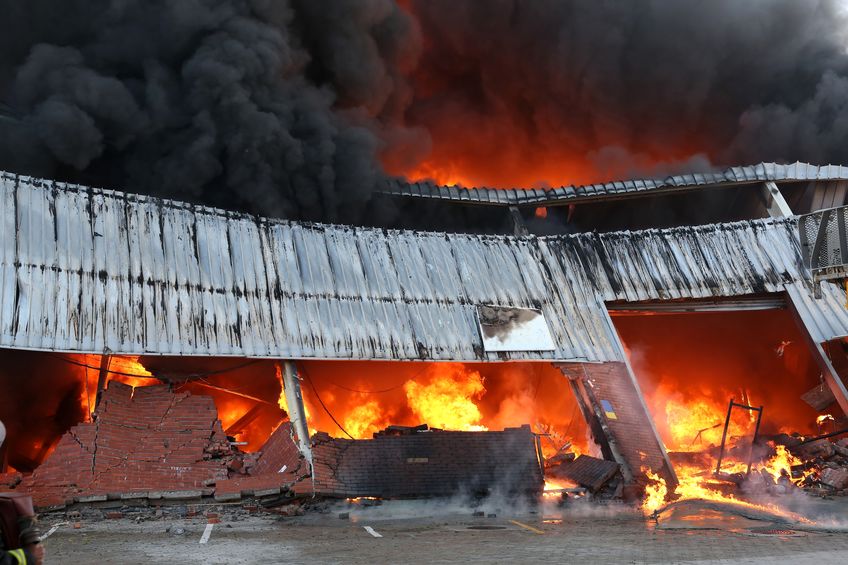Category: fire safety
Fire Proofing Your Cannabis Facility
Earlier this year, Politico published a story on the outbreak of fires and explosions at Cannabis extraction facilities. It documented 10 incidents over the last five years where hash oil was being extracted. The reporting shed light on the risks involved in the process: “Extracting hash oil from cannabis is dangerous because typically it requires pouring highly-flammable butane or some other volatile solvent into a cannabis-filled pipe,” according to the story.
These accidents, sometimes deadly, serve as a cautionary tale for one of the fastest growing industries in the country. As Politico notes, “…labor unions complain that state governments are moving too swiftly to license producers, outpacing the states’ ability to inspect production facilities for potential safety violations.”
We’ve previously written about the significance of physical and cyber security for cannabis businesses, and here we discuss the importance of fire proofing your cannabis facility.
Get Educated
In the rush to keep up with the demands of growing markets, cannabis facility owners need to take a step back and ensure they have safety protocols in place. This is especially challenging for two reasons: 1) safety compliance is determined at the state level since cannabis remains federally illegal, and 2) “Most of the states where marijuana is legal offer no safety and health guidance for the new industry,” according to Politico. “The National Institute for Occupational Safety and Health, which researches work-related injury and illness, has conducted only two hazard evaluations of legal marijuana facilities, neither of which focused on the extraction of hash oil.”
“Even in those states that do offer safety and health
guidance — Colorado, California, Michigan, Oregon,
and Washington — fire safety officials complain that
worker safety protections are often inadequate.”
Still, business owners can educate themselves and their employees by engaging with their local fire department so that they are in step with fire code, permitting, and inspections.
Speaking of which…
Seek Permits and Inspections
Mark de Souza, CEO of Chicago-based Revolution Enterprises, recently warned of the pitfalls of the cannabis industry’s growth outpacing regulation. “I have long thought the best way to help Illinois citizens deal with this change is to ensure the industry grows in tandem with the state’s ability to regulate it,” he wrote in Crain’s Chicago Business. “And by ‘regulate it,’ I mean ensure that its use remains safe…Creating a new and unregulated market overnight—in a business that some citizens find unusual and scary—seems the easiest way to ensure its failure.”
An area related to this concern is acquiring the requisite permits and scheduling routine inspections to protect facilities. In the last year, the National Fire Protection Association (NFPA) updated its fire code to address these issues. Per Politico “The revised code requires any hazardous hash-oil extraction process to be performed in a non-combustible room, in a building that contains no child or health care facilities. Staff must be trained on safe operation of the extraction equipment, and the extraction room must be equipped with a gas detection system and multiple fire extinguishing systems.”
Utilize a Closed Loop System
Cannabis or hash oil extraction via a closed loop system is the safest method. Compared to open blasting, which uses flammable solvents, closed loop systems contain these in extraction cylinders. Open blasting, dangerous as it is, is not uncommon and has resulted in devastating accidents. In June of last year, an extraction facility in Millcreek, Utah exploded, and two people experienced severe burn injuries in Sonoma County, California while extracting hash oil by open-blasting. Closed loop is only safe if strictly adhered to. Marijuana Venture advises following the manufactures’ instructions for equipment to a T and being vigilant about every detail, like routinely tightening bolts on extraction cylinders.
Don’t Do it Yourself
Some cannabis facility owners and operators skirt safety and compliance checks to be operational faster. In addition to obviously violating the law, this can create hazardous conditions, especially where electrical systems are concerned.
“Where necessary, hire a professional,” advises Marijuana Venture. “Building, fire and electrical codes must be followed. Don’t overload the electrical panel. Don’t steal power from a nearby building. Be careful with wall construction. Pay attention to door sizes. And perhaps most importantly, everything should be properly permitted.”
Recourse
Cannabis businesses are on notice and have suffered financial and legal consequences. California and New Mexico’s occupational safety and health agencies issued fines of $50,470 and $13,500, respectively, against a cannabis manufacturer and processor for explosions that occurred at their facilities. Felony charges were brought against an Oregon business owner whose employees sustained burn injuries following an incident.
In addition to NFPA’s increased efforts, labor groups in states considering cannabis legalization are advocating that labor peace provisions requiring marijuana processors to ease the path to unionization be incorporated into legislation. Other states like Rhode Island and Arizona are weighing making extraction against the law altogether. Either way, there are enough resources and education to mitigate the risks of fire at your cannabis facility.




